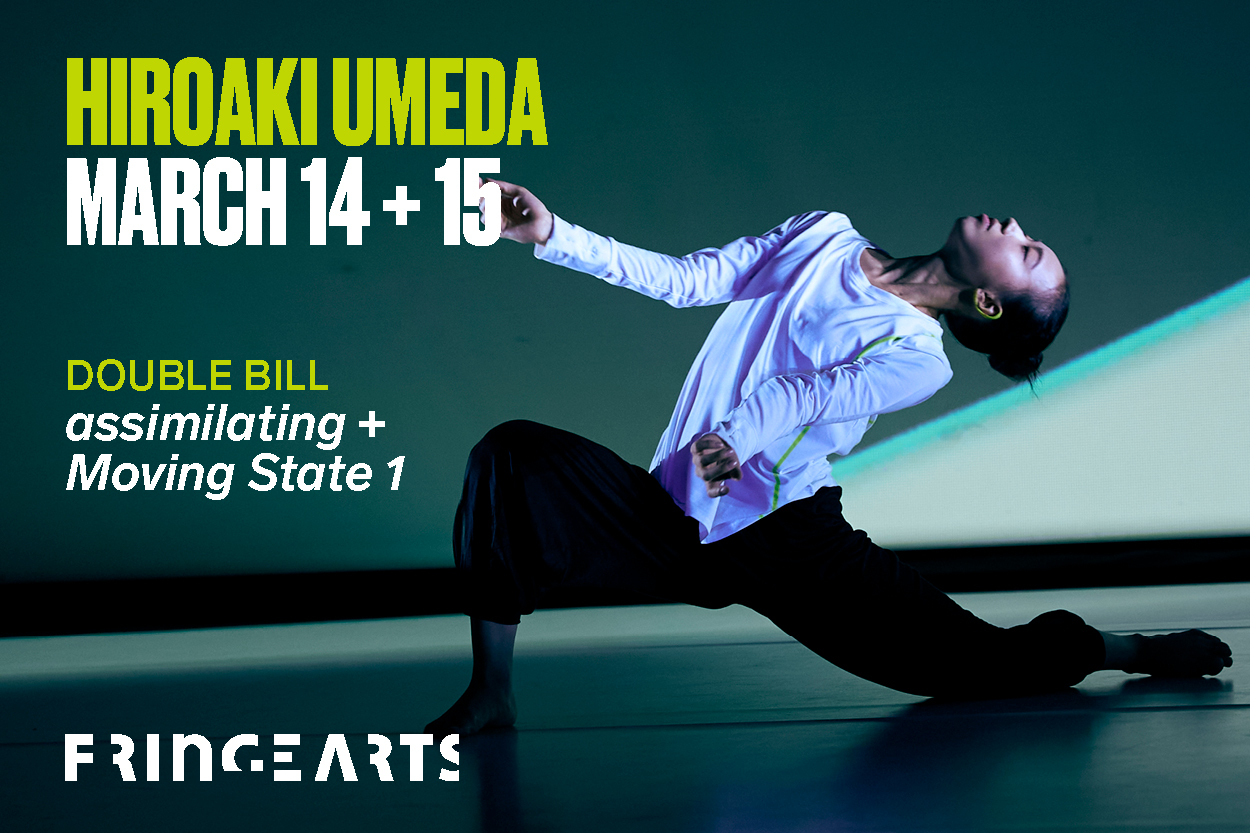Zapateo is a dance of wit, rhythm, and nuance. It employs various musical motifs through percussive, improvised rhythms made with the shoes. Zapateo is both a game and a dance, one of ancestral memory and reflexivity that has evolved from a response to colonial imposition. It is a dance formed by and against colonization. Contrapuntos (counterpoints), one of the contexts in which Zapateo is performed, requires one dancer to outperform the other. The dancers do this while adhering to a set of tacit and complex rules. The competitive spirit that emerges from the impromptu ‘dance battles’ within Contrapuntos is aligned with a playfulness among the dancer, musician, judge, and audience.
Over the past month, I partnered with Juan Felipe Miranda Medina, a musician, dancer, and researcher who specializes in the Afro-Peruvian step dance, Zapateo. For this project, I intended to explore how Medina’s work dialogs with the notion of “decolonization.” Instead, I found that for Medina, decolonization is an insufficient term, and “positive ethicist” more aptly describes his work within dance. As our dialog unfolded, Medina and I found ourselves in a Contrapuntos of sorts, a jousting of nuanced perspectives on the theme of resistance. Ultimately, our proverbial “dance battle” resided how we deem the roles of the performer and the community out of which they emerge.
Medina explains that a “positive ethicist” position recognizes where we are in the world and explores ways to improve the communities in which we reside. While both “decolonization” and “positive ethicist” have their limitations, it is important to acknowledge that subscribing to a particular theory geared toward justice is futile without action. Theories are tools for evaluating what oppression looks and feels like, so they fail to replace a metric for social change. What matters is having dialogue, challenging one another, acknowledging our nuanced identities, and extending our theoretical frameworks into action that keeps the spirit of dances alive in the face of colonial mentalities.
Colonialism is a multi-faceted discourse and will appear differently within the histories of peoples from around the world. Appropriately, the United States has its own definition that has extended beyond the reclamation of stolen land from colonial powers to include a larger movement that promotes the defiance of colonial mentalities with actionable steps toward restorative justice. Medina resists treating decolonization as a universal theory because as he sees it, doing so compromises how we address our nuanced identities and their inevitable ties to colonization. Medina asserts that decolonization is an impossible goal that can only exist as a metaphor since no one can free themselves from the matrix of coloniality. To that end, Zapateo can never return to its pre-colonized state because it has been formed, deformed, and informed by colonization. By Medina’s logic, the act of “decolonizing Zapateo” is impossible because the structural conditions that created Zapateo no longer exist.
Medina believes that “positive ethics” is more aligned with his dance practice. While separate terms, “positive ethics” and decolonization have intersectional aims as evinced by their prioritization of non-dominant cultures, promotion of folk dance, and support of communities within the global majority. More than “preserving” dance, Medina believes that “positive ethicists” concern themselves with caring for culture and allowing it to evolve. His “care” for Zapateo is realized through producing documentaries, writing about dance, teaching movement classes, giving lectures, organizing collectives, and collaborating with dance masters in efforts to document their respective dance practices. As I see it, Medina’s efforts ally a decolonizing of dance in that they uplift ancestral knowledge, value non-hierarchical structures, and reject the appropriation of dances for commercial interests.
Medina’s main departure from decolonization, however, resides in his disagreement with the “decolonization of particulars” (decolonizing oneself) because one cannot be decolonized when one has never known a pre-colonized world. He also digresses from an American ‘decolonizationist’ focus by his dependence on Western academia to critique, advance, and document Zapateo. For him, Western academia is a tool we have no choice but to employ for the maintenance and evolution of dance.
Engaging in this dialogue reminded me of a Contrapunto between Zapateo dancers complete with complex themes, nuances, stylistic preferences, point, and counterpoint. Just as dancers engage in a ‘back and forth’, we too performed a proverbial dance of our own. While we shared our concern for maintaining reflexivity while working against colonial powers, our optimism toward decolonization differed. In a Contrapunto, when a dancer’s partner changes course, they, too, must reevaluate their tactic. Medina and I pursued our Contrapunto as we dialogued about decolonization, positive ethics, and the future of dance.
My critique of “positive ethics,” as Medina articulates it, is that it does not place enough impetus on collective dreaming, and it prioritizes theory over praxis. Placing too much onus on the individual and not enough on the system offers less room for collective ownership and systemic change. As I see it, decolonization is a necessary framework for dismantling colonial mentalities in dance. Unlike “positive ethics” which seems to ask individuals to respond based on what is good or bad, decolonization is a communitarian project.
Is there any potential congruency between positive ethics and decolonization? Taken together, I feel that “positive ethics” and decolonization can provide meaningful ways to act against colonialism. We must dare to take action against colonial mentalities, or we risk inciting another movement suffocated by neoliberal complicity (like human rights movements that have been reduced to hour-long diversity). In Zapateo, a dancer “marks time” while they interpret (embody) the rhythm. But what happens when “marking time” is no longer an effective portal through which the dancers can understand the dance holistically?
As performers, it is our duty to be on the frontlines of transforming culture through restorative justice. The role of the performer is to promote change. Take a look at the word “performance.” It means itself and its opposite. To perform something is to do something and yet performativity is often used to dismiss proactive political behavior. “Performativity” has colloquially morphed into empty statements without action. Yet, performers (dancers) are doers who act on something. There is no such thing as a movement without moving. Therefore, performing artists, namely dancers, should transform praxis into action whether that be through practicing Zapateo, supporting non-Western dance practitioners, or protesting the cultural erasure that pervades policy and governmental censorship. The complexity of the system that produced coloniality does not excuse us from acting against it. As Medina would have it, we need to treat our cultural dances “with care” while allowing traditions to evolve. We live in an orgy of acquisition where the dominant ruling power relies on complacent art-makers to reinforce a narrative of neoliberal contentment. Our world is a matrix of coloniality that insists that art safely resides outside of ‘the revolution’. As Agnes de Mille states, “theatre reflects the culture that produces it.” I offer that it both does, and it does not. It reflects what colonialism’s legacy wants us to see. What the ruling powers want to make visible and what they want to censor or reshape in order to maintain their status quo. To decolonize, to de-indigenize, to perform, to move, requires us to take action and make dance visible with integrity. We must ask the hard questions and seek solutions that include embodied knowledge. We must hold each other accountable for decolonization and “positive ethics” when we make art and amplify marginalized voices. We can re-envision the future together.






